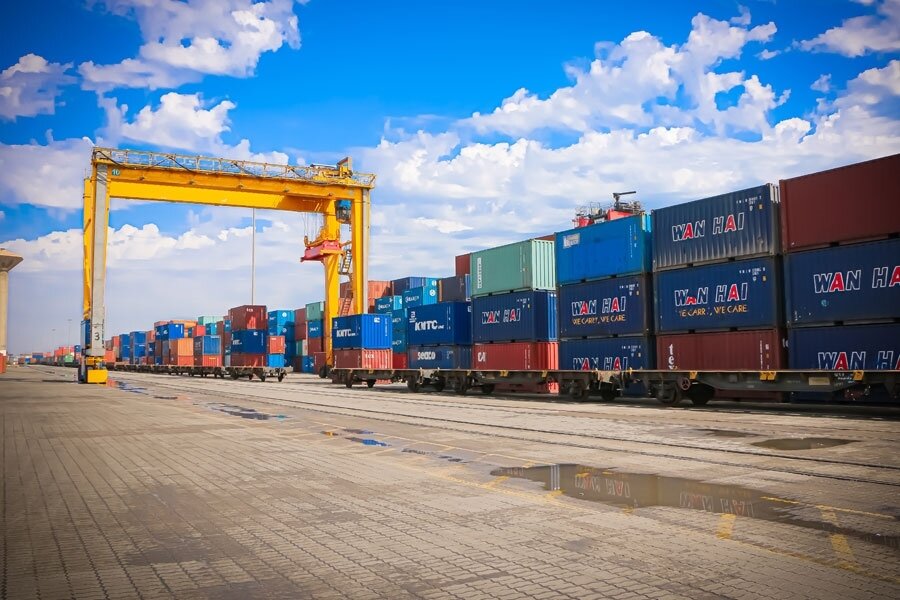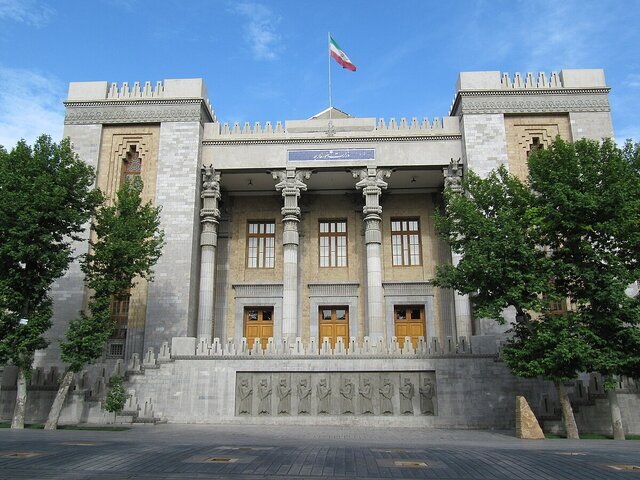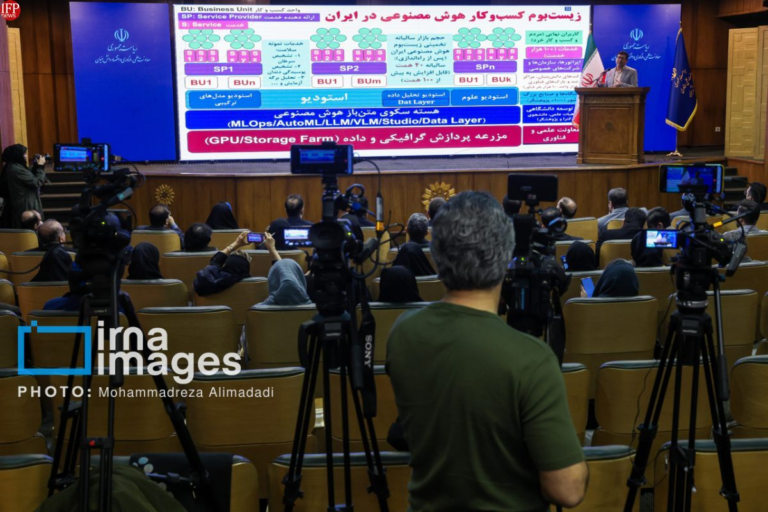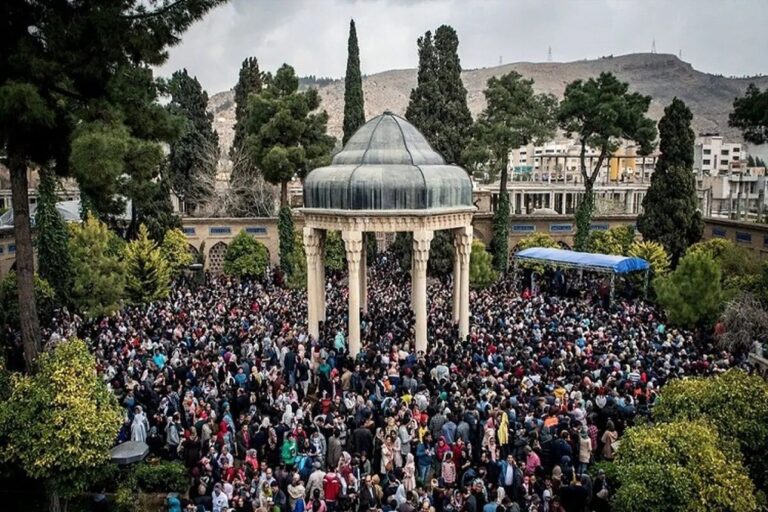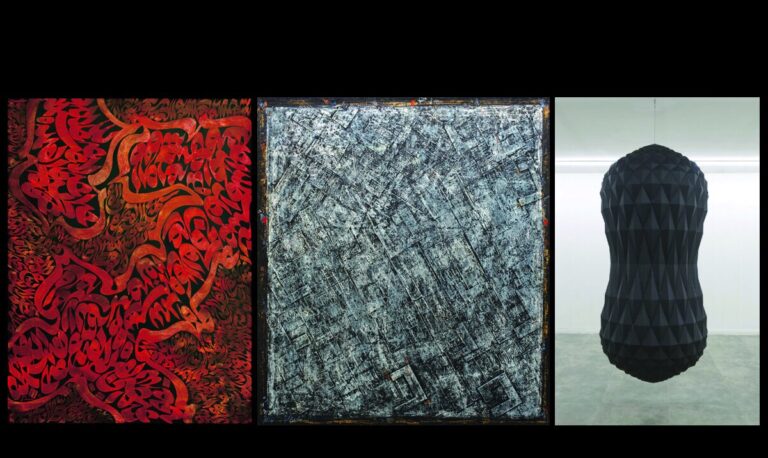Iran Launches New Dry Port Rail Terminal, Exporting 5,000 Tons of Goods
In a significant development for trade and logistics, Ali Akbar Shamani has announced that the Tehran-Aprin dry port rail terminal has successfully exported 5,000 tons of goods during its initial phase. This milestone marks a crucial step forward in enhancing Iran’s transit capabilities and is expected to streamline customs operations.
During the inauguration of the terminal’s final phase on Sunday, Shamani emphasized the importance of customs in facilitating trade and highlighted Iran’s potential as a key player in regional logistics. The establishment of a dedicated customs code is set to revolutionize operations at the Aprin rail dry port, allowing for independent and efficient management of imports, exports, and transit processes.
Here are some key points from Shamani’s announcement:
- 5,000 tons of goods exported in the initial phase of operations.
- Collaboration between Iranian Railways and Customs began in 2024 (Iranian year 1403).
- The assignment of a dedicated customs code enhances the port’s operational efficiency.
- Geographical advantages and rail transport capabilities position the dry port as a vital trade facilitator.
Shamani pointed out that the Tehran-Aprin dry port is strategically located, making it an essential hub for trade. Its ability to handle a significant volume of goods, combined with the streamlined customs processes, will undoubtedly attract more businesses looking to leverage Iran’s transit potential.
In his speech, Shamani remarked, “The Aprin dry port is not just a facility; it represents our commitment to enhancing trade efficiency and positioning Iran as a central player in international logistics.” This sentiment captures the essence of the developments taking place at the terminal and sets a positive outlook for future operations.
The establishment of the Tehran-Aprin dry port rail terminal is expected to bring numerous benefits to the Iranian economy, including:
- Increased trade volume: With enhanced logistics capabilities, Iran can expect a rise in both imports and exports.
- Job creation: The operationalization of the dry port will create new employment opportunities in the region.
- Improved regional connectivity: The terminal will facilitate better links with neighboring countries, enhancing trade routes.
- Reduction in transit times: Efficient customs operations and infrastructure improvements will lead to faster delivery times for goods.
Furthermore, Shamani highlighted that the collaborative efforts between the Iranian Railways and Customs are paving the way for a more integrated approach to trade facilitation. This partnership is essential for overcoming existing challenges and enhancing the overall efficiency of transit operations.
The importance of this development cannot be overstated. As global trade continues to evolve, having robust logistics and customs systems in place is vital for any country aiming to compete on the international stage. Iran’s investment in the Tehran-Aprin dry port is a clear indication of its commitment to improving its trade infrastructure.
Looking ahead, Shamani expressed optimism about the future of the Tehran-Aprin dry port. “We are just at the beginning of our journey,” he stated, indicating that there are plans for further enhancements and expansions that will bolster the port’s capabilities even more.
In conclusion, the successful export of 5,000 tons of goods through the Tehran-Aprin dry port rail terminal marks a significant achievement for Iran’s trade infrastructure. With the newly implemented customs code and ongoing collaboration between various stakeholders, the dry port is set to become a leading hub for trade in the region. As developments continue, all eyes will be on the Aprin dry port to see how it transforms Iran’s logistical landscape and enhances its position in global trade.
